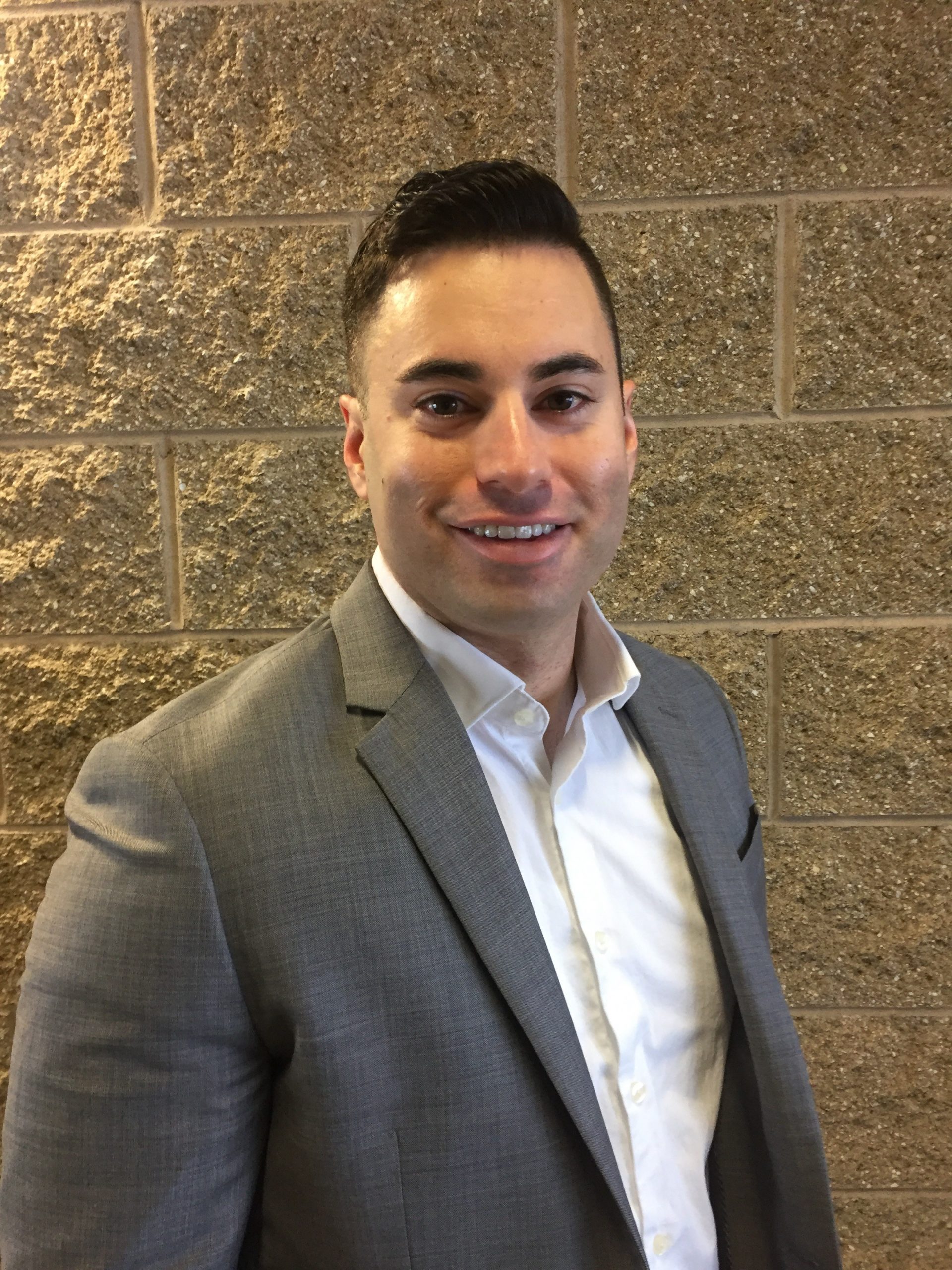Addiction affects millions of people around the world. Also known as substance use disorder (SUD), this chronic and relapsing condition impacts individuals, their families, and even entire communities. The importance of access to effective treatment cannot be overstated.
Addiction treatment centers provide a lifeline to those struggling with substance use disorders. However, even the best programs can’t make a difference if people don’t know about them. This is why addiction treatment marketing is so important.
Addiction treatment marketers do so much more than just promote a service.
They play a vital role in connecting people to the resources that could transform their lives. Here we will explore the role of digital marketing in the recovery process and how it could potentially help save more lives. Let’s take a closer look.
The Importance of Addiction Treatment Marketing
When a person is struggling with addiction, they may feel isolated, lost, and overwhelmed by their condition. Reaching out for help is often the hardest part, especially since there is still stigma surrounding addiction and rehab.
Even if you do decide to pursue treatment, finding the right facility and program for you can seem like a daunting task. Rehab centers offer a wide range of services, but if a person doesn’t know about the options available, they may not take the necessary steps toward recovery.
This is where addiction treatment marketers come in. They act as the bridge between those in need of help and the treatment providers who can offer it. By effectively reaching and engaging individuals seeking help, they ensure that potential clients are informed and empowered to make good choices regarding their recovery journey.
Creating Awareness
Addiction treatment marketing is primarily about creating awareness of the services available.
There are many different treatment options out there, including rehab centers, outpatient programs, detox facilities, and support groups. After all, everyone experiences addiction differently. What works for one patient may not work for another. There is no one-size-fits-all solution when it comes to addiction.
Still, people need to know what’s available to them before they can choose the right option for them. By using a variety of marketing techniques, addiction treatment centers can educate potential patients and their families about the different approaches to recovery. Effective marketing will help them understand what each program entails.
Marketing even helps fight stigma by debunking the myths surrounding addiction treatment. It normalizes the conversation about recovery and makes it easier for people to take the first step. It’s all about showing that recovery is possible with the right support.
Building Trust and Credibility
When someone is looking for treatment options, they often feel vulnerable and uncertain. They may be unsure about which program is right for them, and they need reassurance that the center they choose is credible and capable of providing the help they need. Building trust is therefore one of the cornerstones of addiction treatment marketing.
Marketers help build this trust by promoting centers with proven track records of success. They use testimonials to demonstrate the efficacy of the programs. Trust also comes from showcasing the expertise of the clinicians and staff, and sharing certifications, awards, and endorsements from reputable sources.
Just remember that building trust is not a one-time effort—it’s an ongoing process.
Marketers need to maintain a consistent presence across multiple channels to keep the treatment center top-of-mind for those who may need it in the future. This long-term relationship building is key to fostering trust and credibility.
Increasing Access to Treatment
One of the barriers that many individuals face when seeking addiction treatment is the cost. Addiction treatment marketers promote the affordability of treatment, making treatment more accessible in the process.
By promoting insurance partnerships, payment plans, or sliding scale fees, they can help potential clients understand that addiction treatment is more accessible than they may have thought.
Marketing strategies also need to emphasize the availability of local treatment centers, emergency support services, and online programs for those who cannot attend in-person. The goal is to reach a wide audience, including people in remote or underserved areas.
With proper marketing, you can make it clear that treatment is available for everyone, regardless of location or financial status.
How Addiction Treatment Marketers Help
Marketers help addiction treatment centers raise awareness of the services they offer. In today’s digital age, this is done through targeted digital marketing strategies, which we will discuss in more detail later on.
In addition to digital campaigns, marketers also help addiction treatment centers build relationships with their local communities and referral networks. This is often achieved through partnerships with healthcare providers, mental health professionals, and community organizations.
By promoting the center’s services through various outreach programs, events, and sponsorships, marketers can strengthen the center’s reputation and increase its referral base. The use of testimonials and positive reviews in advertising campaigns also plays a role in convincing individuals that they are making the right decision in choosing a particular center for care.
Effective marketing ensures that addiction treatment centers are not only visible but also approachable and trusted by those in need of support.
The Role of Digital Marketing in Addiction Treatment
In today’s world where everyone is spending time on the internet, marketing has moved primarily online. Digital marketing has become an essential part of any addiction treatment program’s marketing strategy. But what exactly is it and how does it work?
Digital marketing refers to the use of online platforms, tools, and technologies to promote products, services, or brands—in this case, addiction treatment services.
It involves strategies like search engine optimization (SEO), content marketing, social media marketing, email campaigns, online advertising, and influencer partnerships to reach and engage a target audience.
By leveraging the internet and digital devices, digital marketing enables businesses to connect with consumers in a more personalized and cost-effective way, measuring success through data and analytics. Marketers must use these online platforms to ensure they reach their target audience effectively.
Search Engine Optimization (SEO)
When it comes to digital marketing, one of the most powerful tools for addiction treatment centers is search engine optimization. When someone is looking for addiction help, they often start with a simple Google search. If a treatment center’s website doesn’t rank high on search engine results pages (SERPs), they may never be found. After all, most people just click on the first few links they see.
SEO strategies ensure that the treatment center appears near the top of search results. This includes optimizing website content with relevant keywords like “drug rehab”, “alcohol addiction treatment”, or “substance abuse recovery”.
Local SEO is also crucial, as people often search for rehab centers in their area. By targeting location-based keywords, marketers can connect these people to nearby centers.
Effective SEO also involves creating high-quality, helpful content that answers common questions about addiction and recovery. This content could be in the form of blog posts, videos, or infographics, and it provides value to potential clients while improving the site’s search engine ranking.
Content marketing goes hand-in-hand with SEO. Keep in mind, however, that SEO is a long-term strategy that takes time to create results organically. Your competitors will be utilizing SEO and probably using the same keywords, so it will naturally take longer to generate results with this strategy. With that in mind, this is still something you need to incorporate into your campaign anyway.
Pay-Per-Click Advertising (PPC)
To complement their organic efforts, marketers will often use pay-per-click advertising. PPC ads appear at the top of search engine results, making them one of the most effective ways to attract attention. It’s no surprise this is one of the most important tools in the addiction treatment marketer’s arsenal.
With PPC, treatment facilities can target specific keywords related to recovery and addiction, ensuring that their ads are seen by those who are actively searching for help.
PPC advertising also lets marketers control their budget, ensuring that they’re spending money efficiently and reaching the right people. This form of paid advertising is a quick way to boost visibility, but it needs to be carefully managed to prevent overspending or targeting irrelevant audiences.
Social Media Marketing
To say that social media is incredibly popular would be a massive understatement. Marketers use the popularity of social media platforms like Facebook, Instagram, X (Twitter), and LinkedIn to reach a vast audience. These platforms allow treatment centers to engage with potential patients in a more personal and interactive way.
Social media is the perfect place for sharing informative and educational content, along with success stories and inspirational messages. Not only is it possible for your posts to be shared by people and reach an even wider audience, it is also possible to start building your community online.
When people feel supported and motivated by the community you have built, they are empowered to take the next step towards sobriety. Social media provides a platform for conversation, where people can ask questions, share their experiences, and connect with others who understand their struggles.
Paid social media campaigns can also help increase visibility and reach a wider audience. Social media ads are targeted based on specific demographics, such as age, location, and interests, ensuring that the right message is being delivered to the right people.
Email Marketing
While email marketing might seem like an old-fashioned strategy in the age of social media, it remains a highly effective tool for addiction treatment marketers.
In fact, email allows for personalized, one-on-one communication with individuals who have expressed interest in treatment options. It can be used to nurture leads, send reminders about intake sessions, share helpful resources, and keep people engaged with the center’s services.
Marketers can send regular newsletters to their subscriber list, providing valuable information about addiction recovery, upcoming events, and available programs. Email marketing helps keep the conversation going, even if someone isn’t ready to enter treatment right away.
Challenges Faced by Addiction Treatment Marketers
While addiction treatment marketing is an essential part of connecting people to life-saving services, it does not come without its challenges.
Legal and Ethical Considerations
Addiction treatment centers are highly regulated, and marketers must ensure that their advertising practices adhere to both legal and ethical guidelines. In some regions, there are restrictions on the types of claims that can be made in marketing materials. For example, marketers cannot make guarantees about success rates or suggest that certain programs will work for everyone.
It’s essential that addiction treatment marketers stay informed about the legal landscape in their area and ensure that all marketing practices align with industry regulations. Ethical marketing practices also include maintaining transparency about costs, treatment modalities, and the qualifications of staff.
Overcoming Stigma
Stigma has always been one of the biggest headaches for people marketing treatment services. Many people still view addiction as a personal failing or a moral weakness, which can make them hesitant to seek treatment. Marketers must work to normalize the conversation around addiction, helping to reduce this stigma and encouraging people to view treatment as a necessary and valuable resource.
Competition in the Industry
The addiction treatment industry is highly competitive, with thousands of centers and services vying for attention. Treatment marketers need to find ways to differentiate their center from the competition without overpromising or misleading patients. This requires a strong brand identity, a clear value proposition, and a focused marketing strategy that highlights what makes the center unique.
Work with MasterMindSEO
Addiction treatment marketers are instrumental in helping people find the support they need to overcome addiction. Through digital marketing strategies, such as SEO, PPC, and social media, marketers connect people to life-changing services and provide valuable information that guides individuals toward recovery.
Remember, marketing in the addiction treatment space requires empathy and understanding. Your online presence should focus on providing valuable resources, building trust, and offering a path to recovery for those who need it most.
Work with an addiction treatment marketer you trust so that you can reach the people who are most in need of your services. For this, it is essential to work with a company you trust.
MasterMindSEO has experience in performing digital marketing campaigns for e-commerce, national, regional and local businesses. Email or call and we will be happy to see how we can help your center get more leads and help more patients!
Ready to take your addiction treatment SEO to the next level? Want to rank your detox center on Google Maps? Let MasterMindSEO help you.
[button color=”undefined” hover_text_color_override=”undefined” url=”https://bookme.name/MasterMindDBS” text=”Get More Admits!” color_override=””]

